Tag: Medical
-

Is Facebook Good For Your Health?
Is Facebook good for your health? It’s a big question, and as social media continues to become more and more prevalent, an important one. According to a 2013 study by Facebook and IDC, smartphone users check Facebook as much as 14 times a day. Any time an action becomes habitual and compulsive like this, it…
-
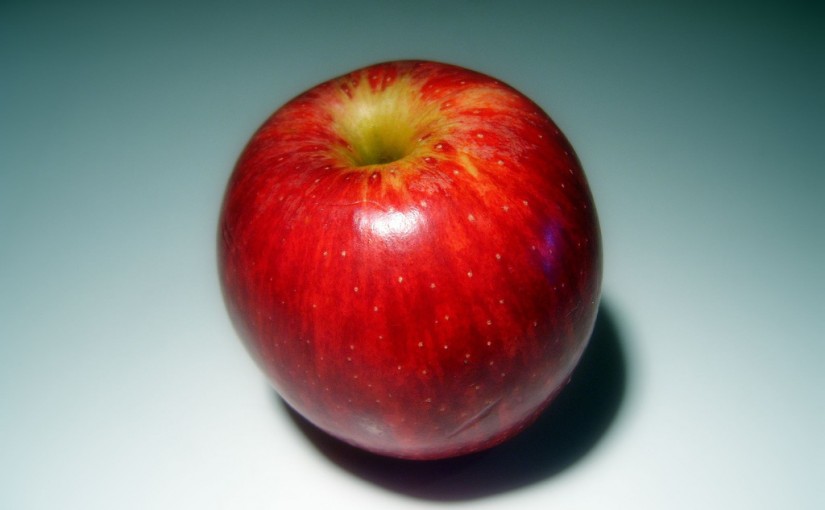
Does An Apple A Day Really Keep The Doctor Away?
Just as the age-old adage promises, it seems an apple a day really can keep the doctor away. Apples (along with other fruits and veggies) pack a combination of vitamins and minerals that out-power supplements like artificially made vitamin capsules. These nutrients are critical for our bodies’ health—not only do they keep our immune system…
-
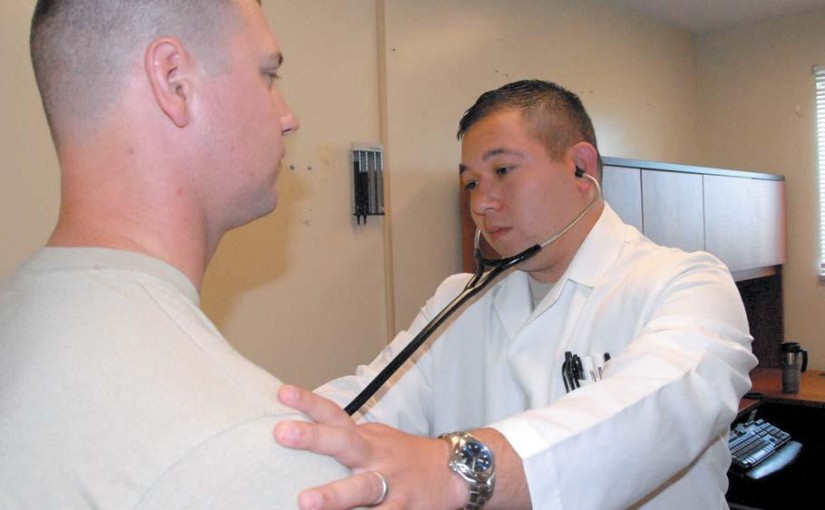
The Importance of Doctor’s Check-Ups
Most of us find plenty of reasons to drag our feet when it comes time to get a medical check-up. After all, if you’re feeling fine, why bother? You’re a busy individual, with plenty on your plate already at work and at home. Maybe the idea of finding something wrong even makes you uncomfortable, which…
-
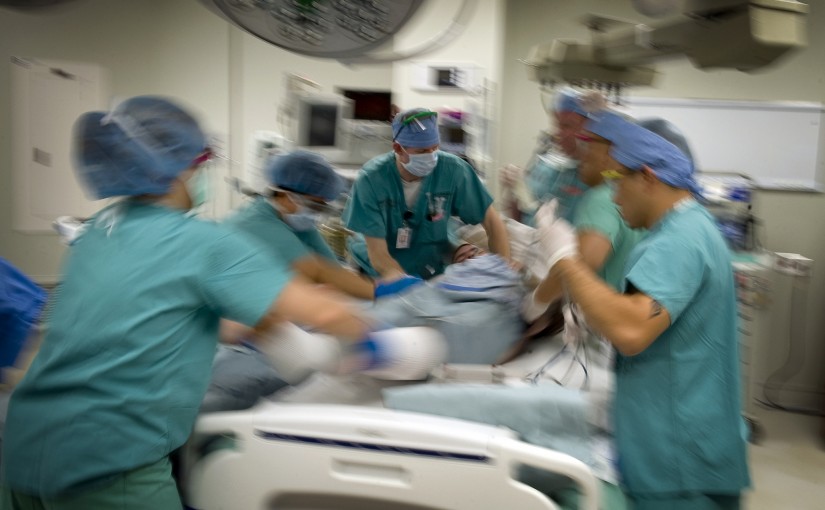
Top Reasons for Summer ER Visits
Summer is a time for outdoor adventures, travel and relaxation. But among health professionals, it’s known as “trauma season”—with good reason. With summer comes an influx in health risks and emergency room visits. Don’t let your summer get derailed by trips to the ER. Protect yourself and your loved ones by being aware of these…
-
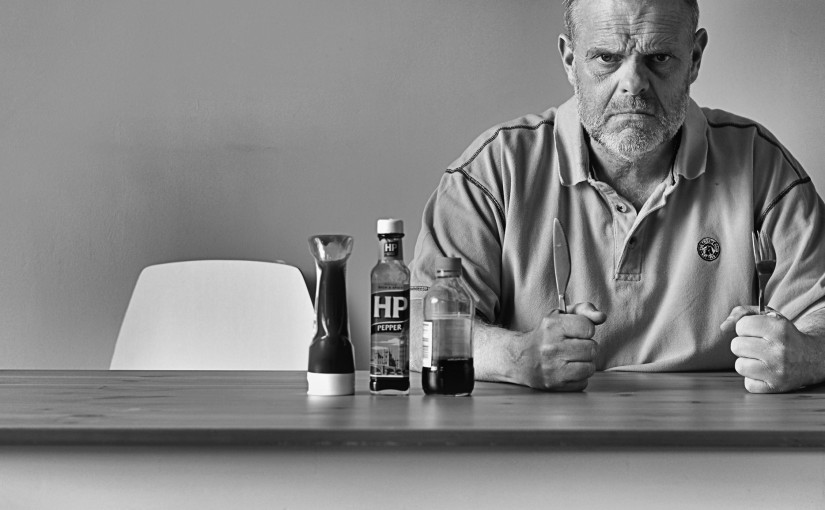
The Health Benefits of Fasting
People have fasted for thousands of years, and for thousands of years, people have held testament to this practice’s health benefits. And it turns out, they were on to something—the latest scientific research shows that the health benefits are real and manifold. Fasting is the practice of not consuming food for extended periods. There are…
-
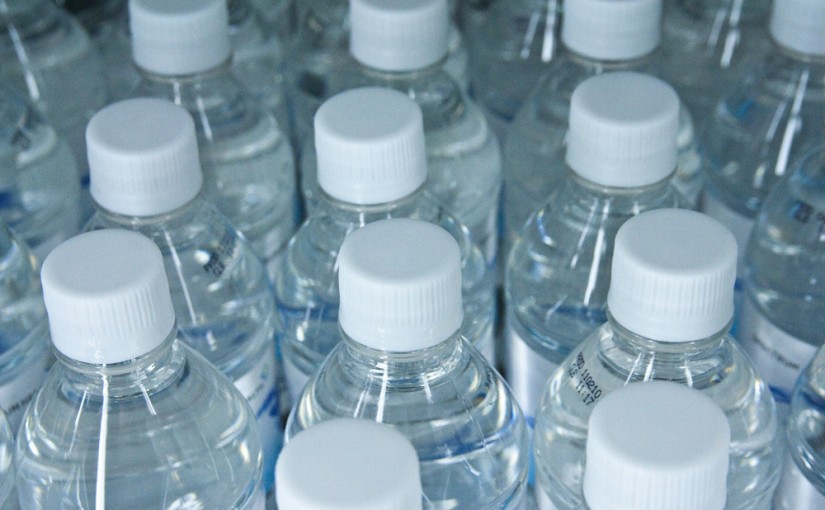
The Health Benefits of Water
We all know water is important to stay hydrated, but do you know all the ways that water is helping you stay at the top of your game? With zero calories and a long list of benefits, there are few things that are healthier or more essential for our bodies than water. Check out these lesser-known…
-

Cancer: What to Ask Your Doctor
A cancer diagnosis can be hard to process at first. You may feel shock, anger, or even disbelief. But as a cancer patient, you are an equal partner with your doctor in your treatment and recovery. The more you understand what your body is going through, the better prepared you are to take care of…
-
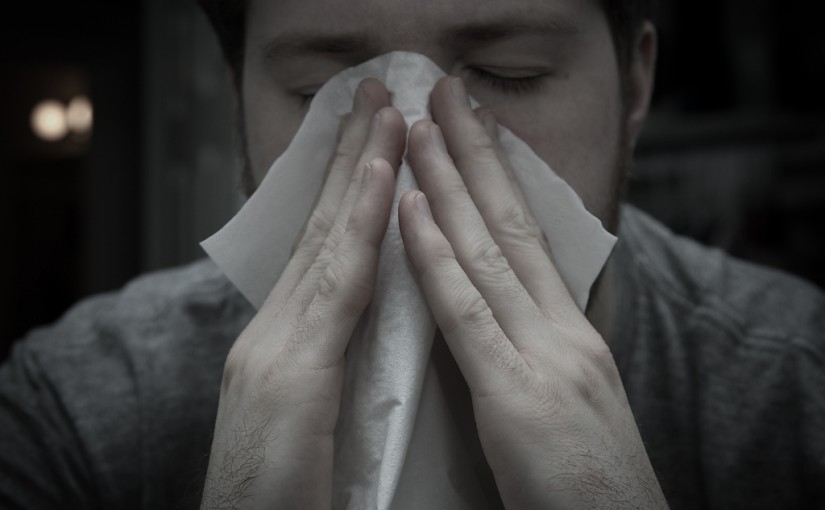
Spring Has Sprung: Dealing With Allergies
Spring means sunnier days, warmer weather, blooming flowers … and for some, the unpleasantness of seasonal allergies. From stuffy noses to coughing to sore throats, allergy symptoms can have a significant impact on your quality of life. If you’re among those with springtime allergies, you don’t have suffer through the entire season. Follow these five…
-
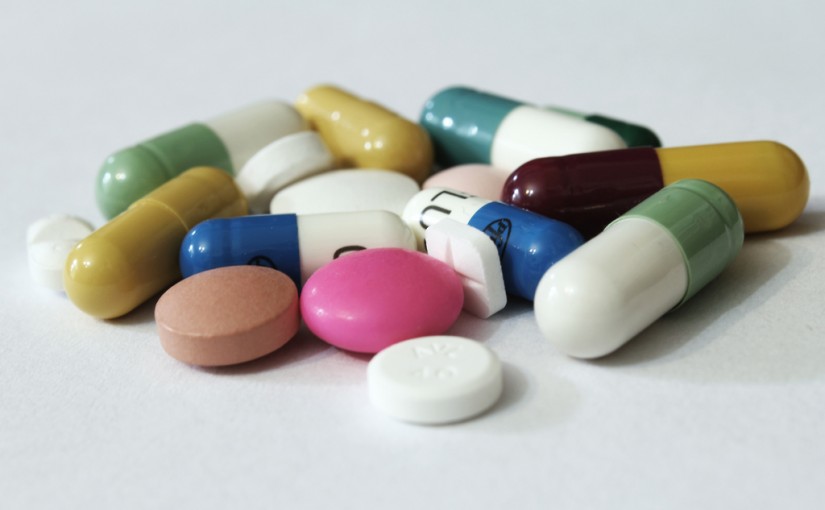
Medication Safety
Medications can help us stay healthy, live more fully, and even extend our lives. But when safety measures aren’t followed or they are used inappropriately, they can do a lot of damage. Following medication safety guidelines can keep you and your loved ones safe. Review and consider these top 10 rules for medication management to…
-

Bread, Rice, Pasta: Why Brown is Better
Many people love pasta and rice. However, most of us prefer the white versions of these foods over the brown because they look much tastier. However, where nutrition is concerned, brown bread, rice and pasta are much better for you. If you want to include more brown bread, rice and pasta in your diet, or…